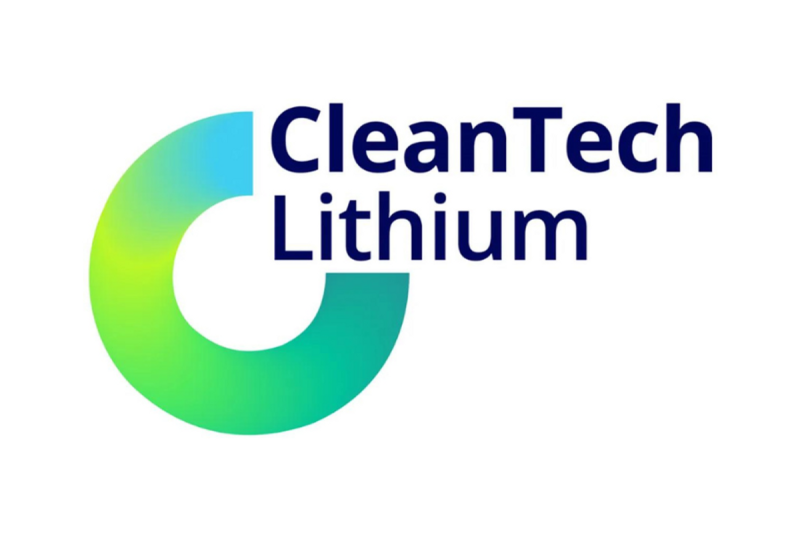The recent endorsement of the Laguna Verde project by an indigenous community leader at a mining seminar in Santiago, Chile is a significant development that underscores the complexities and nuances of resource extraction projects in Indigenous territories. The seminar, which focused on the environmental and social impact of mining projects in Chile, provided a platform for stakeholders from various sectors to engage in dialogue and debate around the Laguna Verde project.
The endorsement of the Laguna Verde project by an indigenous community leader signals a shift in perceptions and attitudes towards mining projects among indigenous communities in Chile. Historically, many indigenous communities have been at odds with mining companies over issues related to land rights, environmental degradation, and socio-economic development. The endorsement of the Laguna Verde project suggests a willingness on the part of some indigenous leaders to engage with mining companies and explore the potential benefits that mining projects can bring to their communities.
However, it is important to approach this endorsement with caution and critical reflection. While the support of an indigenous community leader for the Laguna Verde project is a positive development, it is crucial to consider the diversity of opinions and perspectives within indigenous communities. Not all community members may share the same views as the endorsing leader, and it is essential to ensure that the interests and concerns of all community members are taken into account in decision-making processes related to mining projects.
Furthermore, the endorsement of the Laguna Verde project should not be viewed in isolation from the broader context of indigenous rights and environmental justice in Chile. Mining projects often have far-reaching impacts on indigenous lands, waters, and communities, and it is essential to conduct thorough assessments of the potential environmental and social consequences of such projects. Consultation with affected communities, free, prior, and informed consent processes, and the implementation of robust environmental and social safeguards are crucial steps in ensuring that mining projects do not harm indigenous communities or their territories.
In conclusion, the endorsement of the Laguna Verde project by an indigenous community leader at a mining seminar in Santiago, Chile is a noteworthy development that highlights the complex and evolving relationships between mining companies and indigenous communities. While this endorsement may signal a willingness on the part of some indigenous leaders to engage with mining projects, it is essential to approach such developments with caution and careful consideration of the diverse perspectives and concerns within indigenous communities. Ultimately, the protection of indigenous rights, environmental sustainability, and social justice should remain at the forefront of discussions and decision-making processes related to mining projects in Chile.

